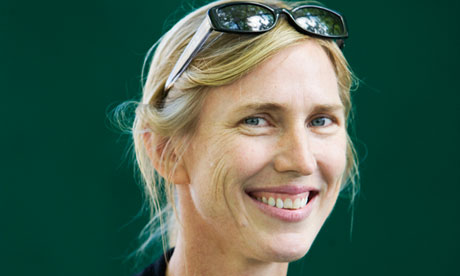
He also wanted to raise questions of sexuality and racism, and to test the established perception of Mennonites as a people ‘ in the world but not of the world’.Īt the time, Wiebe was a devout Christian and respected member of the Mennonite establishment. He wanted to write honestly and philosophically about the conflicts that arise from non-conflict.

He was no Mennonite provocateur or self-appointed rabble-rouser. Rudy Wiebe hadn’t intended to stir things up with his novel. How can Mennonites stand aside while others are dying to protect the freedoms they enjoy? How can Mennonites justify selling their produce to the Canadian army, at a profit no less, and continue to preach peace and love for one’s enemies? Wiens begins to wonder whether the Mennonite opposition to war may be self-serving. It is 1944, wartime, and the local men have either gone to conscientious objector work camps around Canada, or stayed behind to tend the crops and raise livestock. These were exciting words to me.Īll the fuss was about the challenging questions posed by the novel’s central character, Thom Wiens, an earnest young farmer living in a small isolated community in Saskatchewan (much like the community Rudy Wiebe grew up in).


By the time I was buying books myself, I had learned to think of this novelist named Rudy Wiebe as controversial and heroic, as an intellectual whose work was groundbreakingand revolutionary. My mother would later tell me that she had driven herself to the city, Winnipeg, the day it was made available in stores – it would never have been sold in my little conservative Mennonite town – to find out what all the fuss was about.

Although the book was published two years before I was born, I can remember my parents discussing it at the kitchen table, conspiratorially, as if the topic was in itself dangerous.


 0 kommentar(er)
0 kommentar(er)
